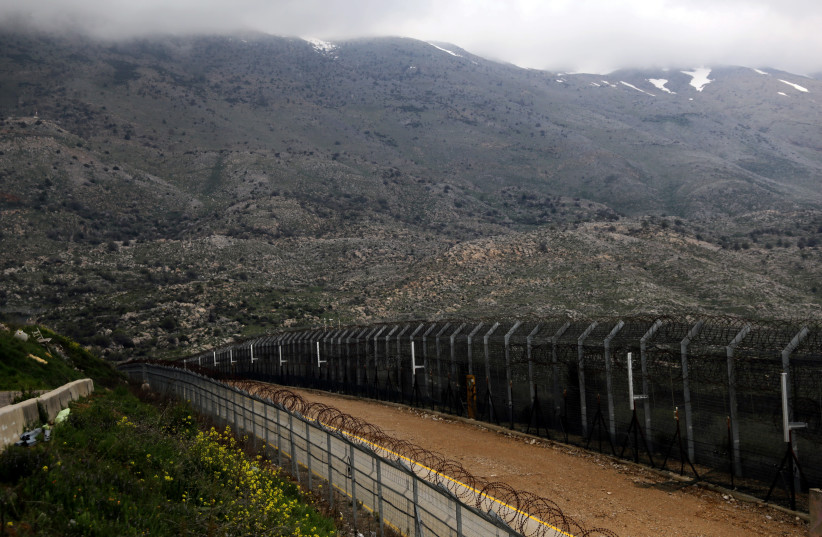
“The administration understood that it had to show the militias would pay a price” when the country directed US military airstrikes in eastern Syria against facilities belonging to what the Pentagon said were Iran-backed militia, said Ambassador Dennis Ross.
The attacks were a calibrated response to rocket attacks against US targets in Iraq.
According to Reuters, the strikes appeared to be limited in scope, potentially lowering the risk of escalation.
“At President (Joe) Biden’s direction, US military forces earlier this evening conducted airstrikes against infrastructure utilized by Iranian-backed militant groups in eastern Syria,” Pentagon spokesman John Kirby said in a statement.
“President Biden will act to protect American and Coalition personnel. At the same time, we have acted in a deliberate manner that aims to de-escalate the overall situation in both eastern Syria and Iraq,” Kirby said.
He added that the strikes destroyed multiple facilities at a border control point used by a number of Iranian-backed militant groups, including Kata’ib Hezbollah (KH) and Kata’ib Sayyid al-Shuhada (KSS).
Ross, Distinguished Fellow at The Washington Institute for Near East Policy, told The Jerusalem Post: “No doubt, the administration wanted to act in a way that might limit the blowback on PM Kadhimi and the Iraq government—hence, hitting a target used by Shia militias just across the border in Syria.”
He said the attack was designed to show that there would be a military response if US forces were targeted, or the militias continued to strike.
“The strike was limited but showed we would use force and clearly could do much more,” Ross continued. “If the Iranians continue to build pressure on us, including by using their militias, the signal is we will respond. We will see if the Iranians get the message.”
Dr. Jonathan Schanzer, senior vice president for research at FDD think tank in Washington, said that the attacks were surgical in nature, avoided escalation of tensions in Iraq, and are not expected to provoke a wider conflagration.
“In short, the strikes were largely symbolic,” he told the Post.
“That said, even a limited response to Iran and its proxies, particularly this early in the Biden administration, is better than none at all,” he noted. “It is a message to the regime in Iran that the new administration is not afraid to respond to provocations, and that escalation is possible.”
He added that while some may point to the timing of the strikes, in the wake of the Khashoggi report, he does not believe them to likely be related.
“America was provoked. America responded,” Schanzer said. “It is doubtful that Saudi Arabia was a significant factor in the decision to strike.”
“That said, the Saudis, Israelis, Emiratis and other regional actors are certainly watching with interest. America is being tested by Iran amidst talk of a return to nuclear diplomacy,” he continued. “How the administration handles itself here could provide hints of whether the administration will be obsequious or adopt a harder line.”
Reuters contributed for this report.
Related posts:
Astronomers Just Did What Einstein Said Was Impossible: Weigh A Star With Gravity
Debunking the latest Syrian Gas Attack and save US soldiers and Syrian civilians lives
Suspect in Würzburg knife attack sent to psychiatric hospital
The Sacred Runes Learned from Heimdall
France Vows To Strike Syria If Proof Found That Chemical Weapons Used
Tehran prioritizes developing ties with Moscow – Iranian ambassador
Views: 0
 RSS Feed
RSS Feed

















 February 26th, 2021
February 26th, 2021  Awake Goy
Awake Goy  Posted in
Posted in  Tags:
Tags: 
















